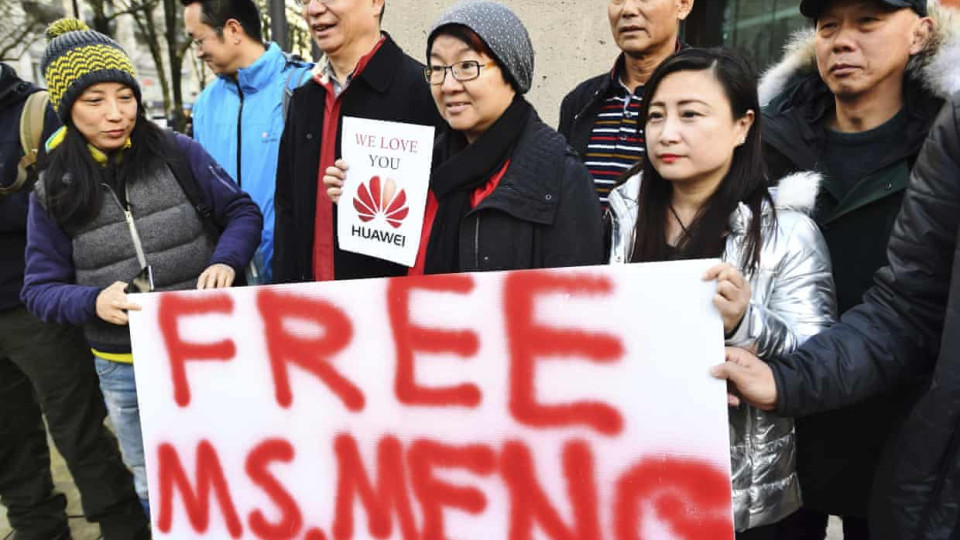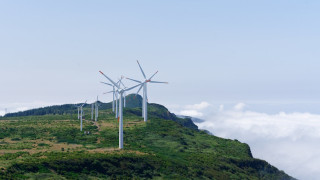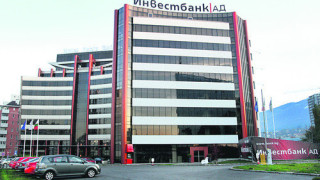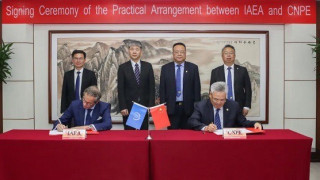 China’s ambassador to Canada has accused the country of “white supremacy” in calling for the release of two Canadians detained in China last month.
China’s ambassador to Canada has accused the country of “white supremacy” in calling for the release of two Canadians detained in China last month.
The arrests were in apparent retaliation for the arrest of a top Chinese tech executive in Canada.
But Ambassador Lu Shaye said in an op-ed in the Ottawa-based Hill Times on Wednesday that western countries are employing a “double standard” in demanding the immediate release of the Canadians.
“The reason why some people are used to arrogantly adopting double standards is due to western egotism and white supremacy,” Lu wrote.
“What they have been doing is not showing respect for the rule of law, but mocking and trampling the rule of law.”
China detained Canadian ex-diplomat Michael Kovrig and entrepreneur Michael Spavor on 10 December 2018 on vague allegations of “engaging in activities that endanger the national security” of China.
The arrests came 10 days after Huawei executive Meng Wanzhou was arrested in Canada at the request of the US, which wants her extradited to face charges that she misled banks about the company’s business dealings in Iran. A Canadian judge granted Meng bail while she awaits extradition proceedings.
Le wrote that “elites” in Canada are completely dismissing China’s law by demanding the immediate release of the Canadians.
“It seems that, to some people, only Canadian citizens shall be treated in a humanitarian manner and their freedom deemed valuable, while Chinese people do not deserve that,” Lu said.
Lu also wrote that Meng was arrested without violating any Canadian law, suggesting that Canada should never detain someone for extradition.
Roland Paris, a former foreign policy adviser to Canadian prime minister Justin Trudeau, called Lu’s claims “hogwash”.
“I don’t know what the ambassador was trying to accomplish but his article won’t help China’s cause,” Paris said.
Paris noted Canada is following extradition law while the Canadians were seized in China under suspicious circumstances and China has held them without charge.
Julian Ku, the senior associate dean for academic affairs at Hofstra Law, noted China has still not revealed any specific information about what Kovrig and Spavor are charged with and have not given them a judicial hearing and thus Canada is not wrong with calling the arrests arbitrary.
“I am struck by how brazen they are being by making this appeal,” Ku said. “He says: ‘You are being racist by not respecting our law.’ That’s an easy card to play.”
Lu also seemed to admit detaining the Canadians was in retaliation for the Meng arrest.
“I have recently heard a word repeatedly pronounced by some Canadians: bullying. They said that by arresting two Canadian citizens as retaliation for Canada’s detention of Meng, China was bullying Canada. To those people, China’s self-defence is an offence to Canada,” Lu wrote.
Alex Lawrence, a spokesman for Canadian foreign minister Chrystia Freeland, did not address Lu’s claims.
Huawei, whose billionaire founder Ren Zhengfei has long had ties with both the People’s Liberation Army and the Communist party, has faced national security concerns in multiple countries.
Huawei has been banned from involvement in the installation of 5G mobile networks in India, New Zealand and Australia, blocked from making acquisitions in the US and banned from selling phones on military bases by the Pentagon.
But, in his column, Lu dismissed such concerns and instead pointed to monitoring and spying programs carried out by the US National Security Agency and the Five Eyes alliance countries (Australia, Canada, New Zealand, the UK and the US).
“Something is considered as ‘safeguarding national security’ when it is done by western countries. But it is termed ‘conducting espionage’ when done by China. What’s the logic?” he wrote.
Theguardian.com









Leave a comment